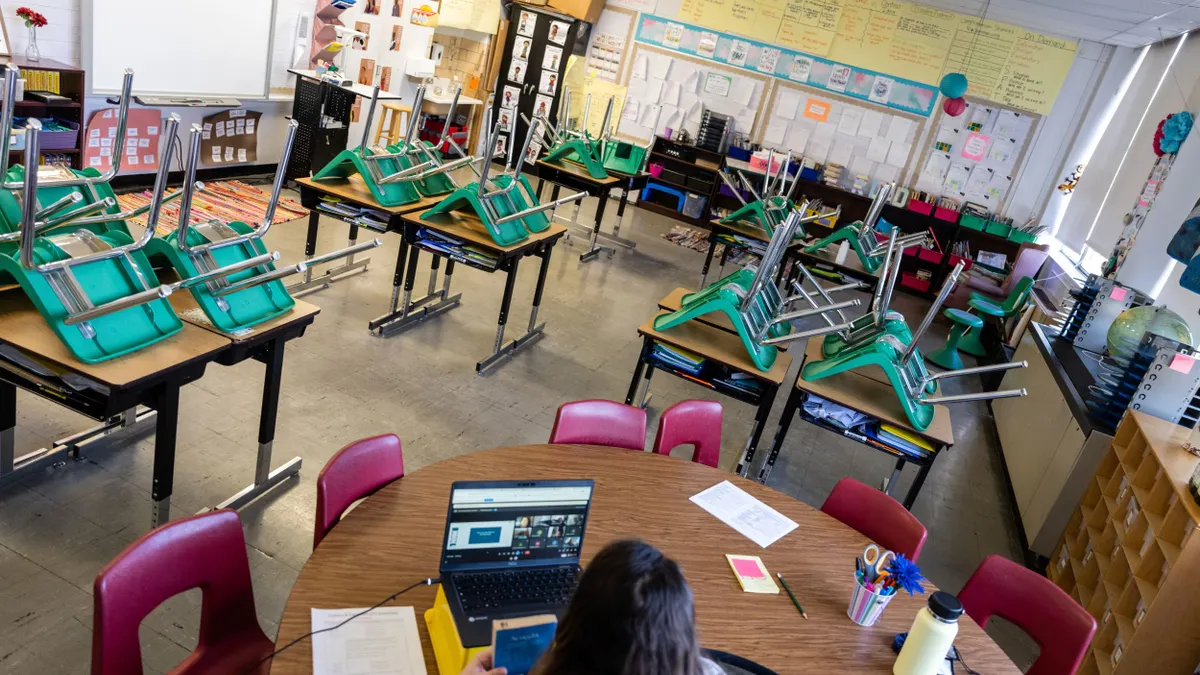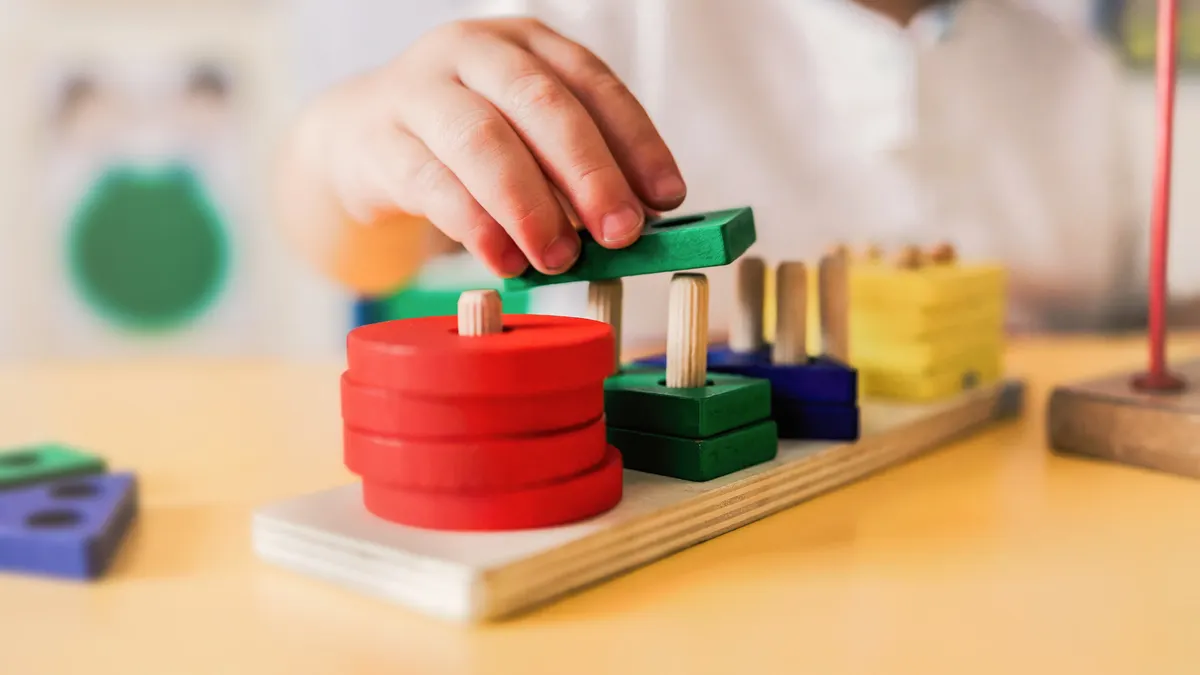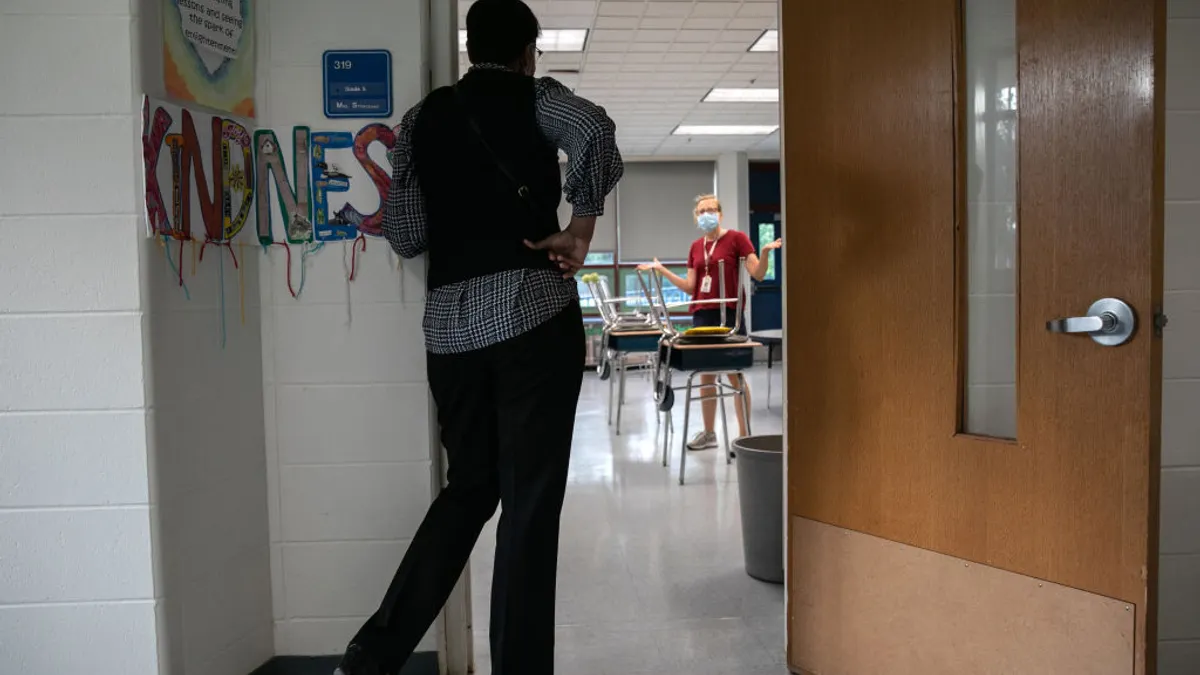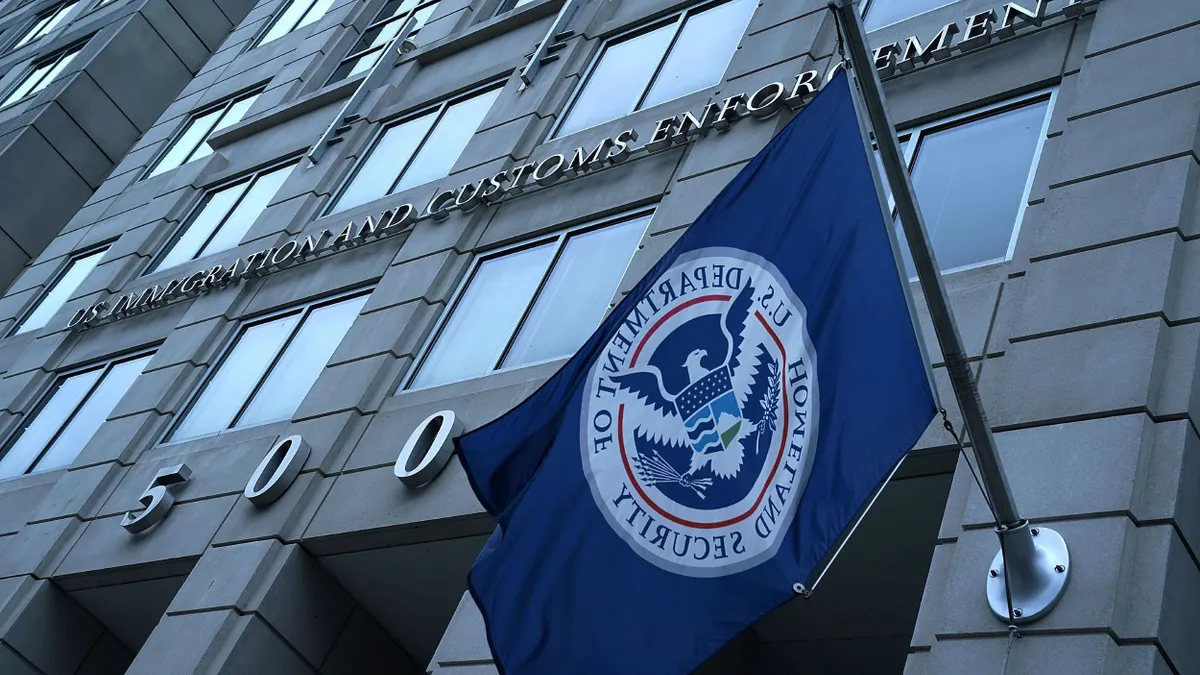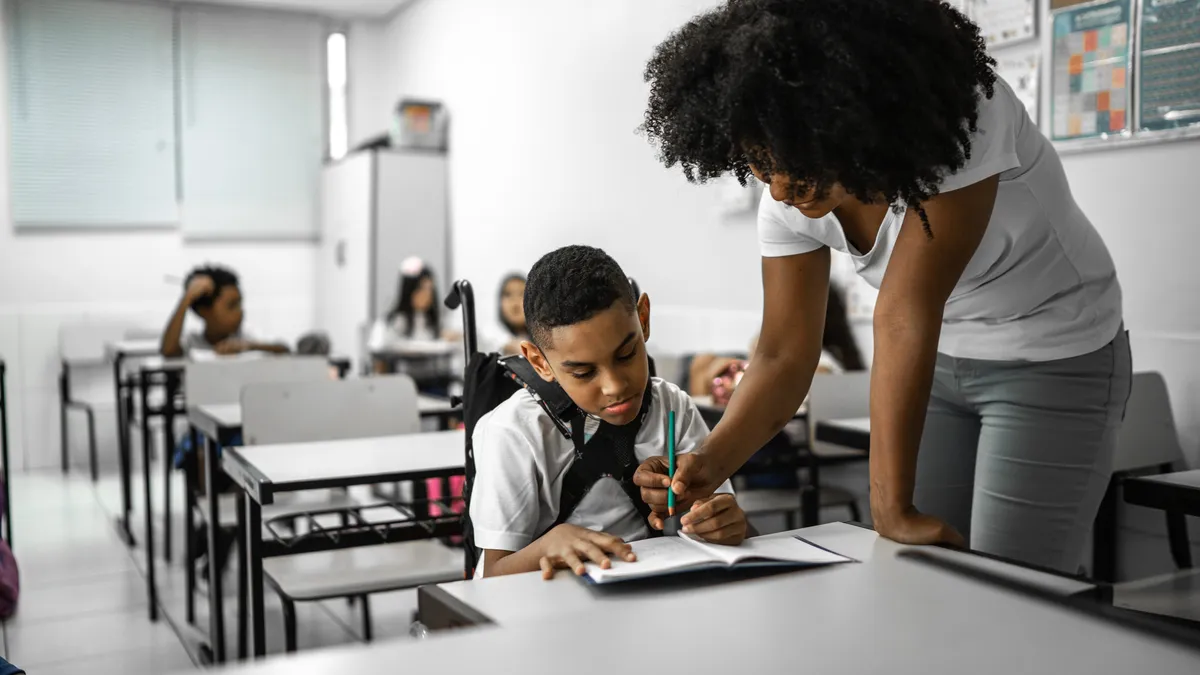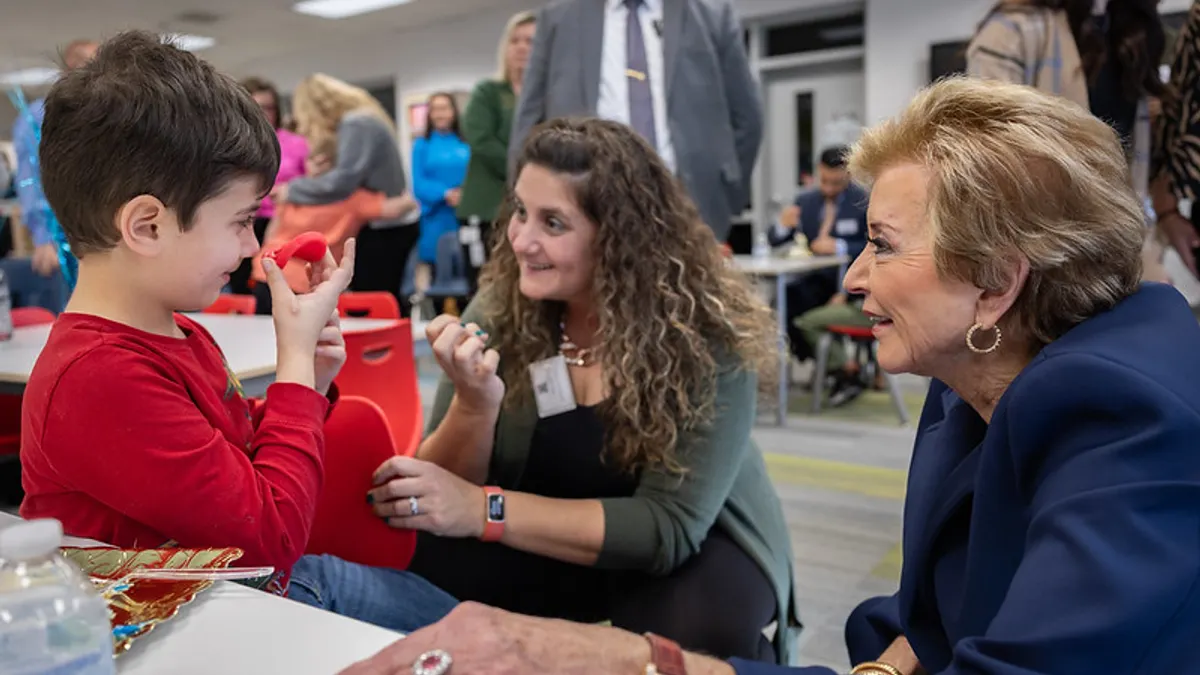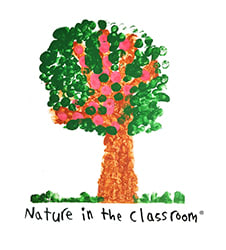Karen Niemi is president and CEO of the Collaborative for Academic, Social, and Emotional Learning (CASEL). David Adams is CEO of Urban Assembly and a CASEL board member.
Last month, we reached the one-year mark of distance learning — a year which forced a generation of students and adults to re-examine what we thought we knew about school and proved that how we learn and how we feel are deeply interconnected. The past year provided insight into how we must rebuild our education system better, which was even reflected in the theme of Social and Emotional Learning Day 2021: “Building bonds, reimagining community.”
The idea of “building back better” has been embraced by everyone from President Joe Biden to school leaders, but if we truly want to build back better, we must start with SEL. Social and emotional learning is the way through which we learn and develop all aspects of our being. The skills and practices it promotes, such as creating and strengthening supportive relationships, are the foundation on which we can build more resilient schools, systems and communities.
SEL can help heal the traumas of the last year, uplift marginalized voices and support students and adults as they grow together — not only in our schools, but in our communities as well. SEL is not only a program or set of parameters to integrate into classroom learning, but the thread that can bring together schools, families and communities around the positive, healthy development of students — our future leaders, co-workers, neighbors and engaged members of society.
Though SEL has taken on new meaning in the context of 2020, it’s not a new idea. The Collaborative for Academic, Social, and Emotional Learning (CASEL) first coined the term SEL over two decades ago, and ever since then, it has grown and evolved. SEL Day was created in 2020 to give people around the world the opportunity to showcase the social and emotional learning skills they use to build relationships and support their communities.
As SEL has entered the mainstream, the demand for an educational approach centering the needs of the whole child has only grown with the multiple crises of 2020. When CASEL launched its CASEL CARES webinar series during the height of the pandemic, thousands of people immediately signed up. Through this series, we saw educators and parents are no longer questioning the need for social and emotional learning, but asking for resources and community engagement to help integrate SEL into all aspects of education.
Last year, in the beginning of the pandemic, SEL Day reached 2 million people across all 50 states, 35 countries and more than 500 schools and organizations. This year, SEL Day reached 12 million people around the world. It’s clear that the events of the past year have only increased interest in how to build more supportive, equitable schools, systems and communities.
Understanding and applying SEL competencies helps build equitable learning environments where all students can thrive by creating an education system that values and uplifts every student. This can be done by appreciating each student’s unique strengths and needs, acknowledging their personal identities, and incorporating students’ personal experiences and cultural backgrounds into instruction to create an inclusive learning environment where students feel their own agency is valued.
It also includes developing self-awareness and self-management to discuss personal and group strengths and biases; social awareness and relationship-building skills to foster cross-cultural relationships; and responsible decision-making skills to reflect on and address the impacts of racism and other forms of inequitable treatment. Throughout all of these actions, SEL promotes environments where students and adults alike can engage deeply in learning, bring their full selves and feel a sense of belonging.
No matter your role in a child’s life, you can help build a more holistic education system by working to expand SEL support and implementation across all aspects of education. One way to do this is to advocate for SEL in your community by making the case for the scientific evidence and survey results showing the benefits of SEL with key stakeholders.
You can also help educate your community about SEL and encourage your organization to align its budget and resources to support SEL. Community buy-in and dedicated, long-term funding and staff are key for sustaining SEL implementation.
By doing these things, you are contributing to a future where educators, families, communities and young people work together to create an education system that incorporates SEL into every aspect of learning. Together we can support students to become lifelong learners who are self-aware, caring, responsible and work together to create a more just, caring world.

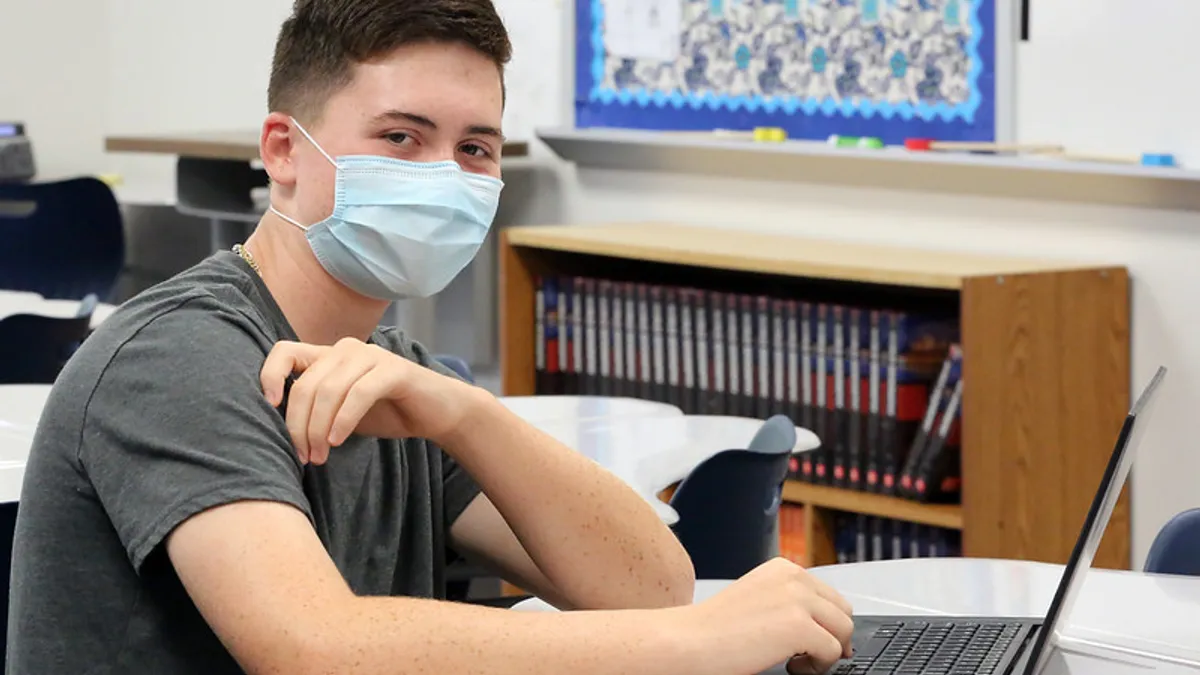



 Dive Awards
Dive Awards

